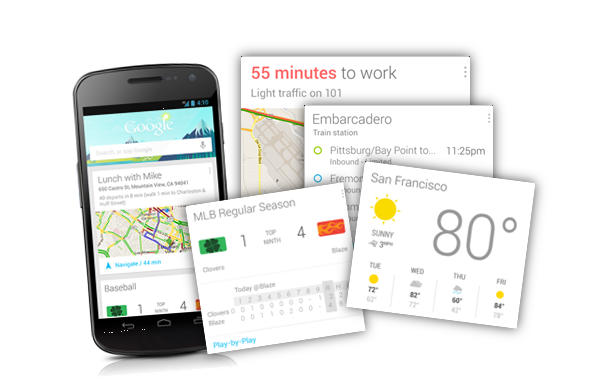In March, we predicted that 26 percent of online display ads would be bought programmatically this year, and that it would climb to 50 percent by 2017. And that’s just a single medium.
In addition to being data-driven and efficient, one of the benefits of a programmatic approach to buying ad space is the ability to get your message in front of more receptive audiences. A research study conducted by our colleagues at the IPG Media Lab and AOL demonstrated that real-time ads consistently generated more interaction. The idea of targeting in real- time is to create a mutually beneficial scenario for the brand and consumer—you’re offering something they need. But what if you could anticipate those needs before they even arose?
That is the promise of anticipatory computing, which, rather than waiting for the user to make a query, uses passively collected data streams like sound and location to proactively provide information. The Lab staff have cited this as a trend to watch this year, and were recently approached by research firm Forrester to provide input to for a study on the topic. One example of software that uses this technology is Google Now, which serves up virtual “cards” throughout the day to keep you updated on topics of interest, travel information, and calendar events without prompting.
While this is still a new space for advertisers, it has been used successfully. Earlier this year, Kleenex used a combination of Google search and public health data in the UK to anticipate which regions and cities would experience flu outbreaks, and adjusted their media plan accordingly. The result was a 40 percent increase in tissue sales year-to-year (read more about it here).
If the goal of real-time marketing is to be relevant and helpful, anticipatory computing represents a way to go one step further. Personal data will increasingly be used by brands to target consumers with information that they will find valuable precisely when they need it, and it won’t be long before they expect nothing less.
For more information, contact [email protected] or [email protected].

